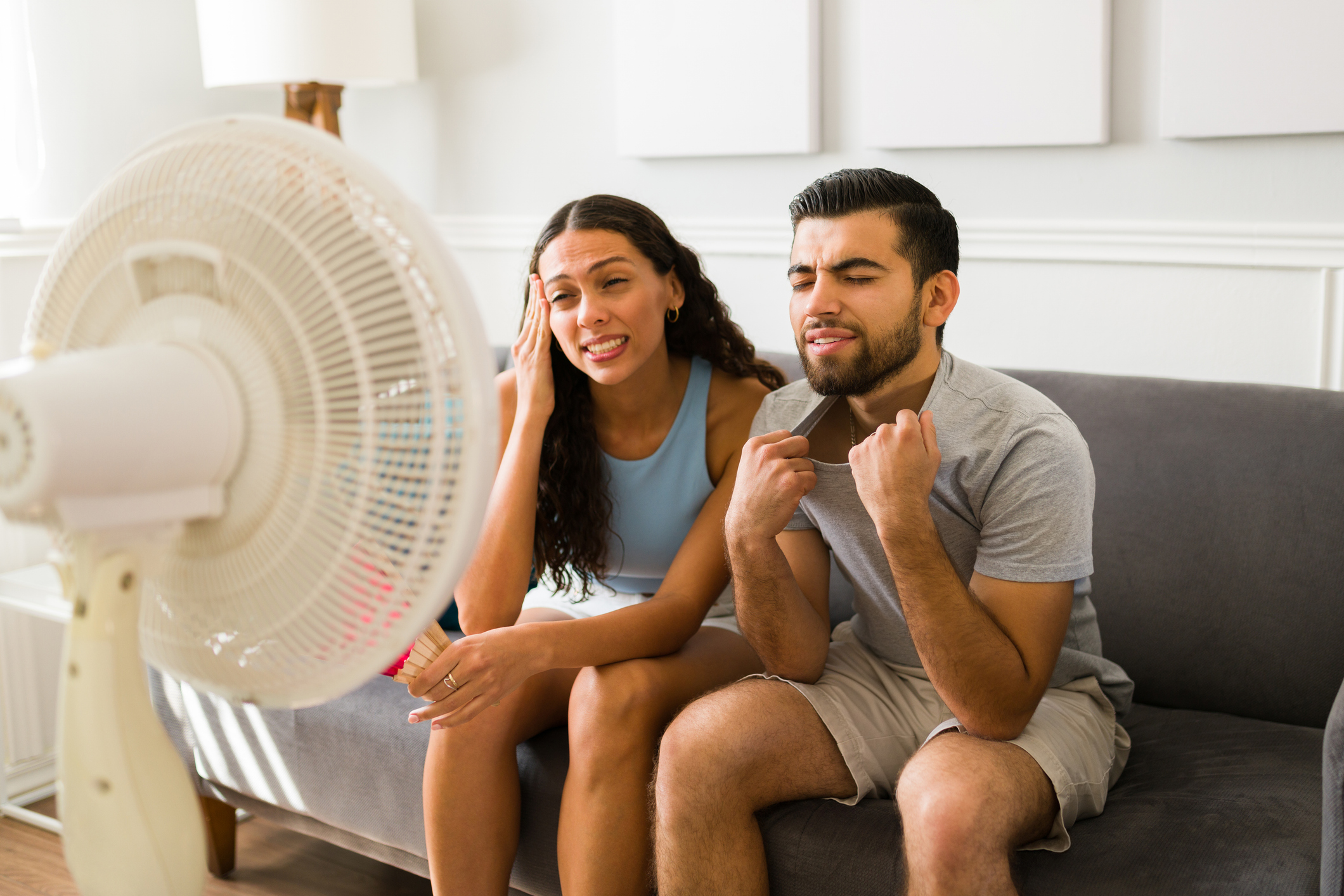Beat the heat with these summer safety tips
Sunny summer days are made for fun and outdoor adventures. But as temperatures start to rise, it’s important to know how to stay safe.
Hot weather stresses your heart and brain. Heat-related problems can affect anyone, even young and healthy people. Those with a history of heart disease, high blood pressure, stroke, diabetes or obesity should take extra precautions while in the heat.
A healthy body sheds heat by pushing blood to the skin. We also sweat, and as sweat evaporates, it carries more heat away. Excessive heat, however, can overwhelm the body’s natural ability to cool off.
It’s important to recognize the symptoms of heat exhaustion, which include headache, dizziness, weakness, nausea and moist skin. It can be treated by moving out of the heat or using a damp cloth to cool off. If symptoms do not improve within an hour, seek medical attention.
Heat stroke is more severe. Symptoms include a rapid, strong pulse; body temperature above 103° F; and red, hot, dry skin. Heat stroke is a medical emergency. If you suspect someone has a heat stroke, call 911 immediately and bring the person to a cool, shaded area. Cool the person down with cold, wet cloths until help arrives.

How to stay safe
- Drink lots of water. Hydration helps the heart pump more easily and the muscles work more efficiently. The exact amount of fluids you need can vary based on your activity level and the climate you live in. Some general recommendations are to consume at least 64 ounces a day unless you have cardiovascular conditions that would require you to limit your fluid intake. Also, avoid alcohol because it can dehydrate you.
- Keep cool. If you don’t have air conditioning, or can’t get to a place that does, get a fan and a spray bottle or damp cloth. “The combination of sitting directly in front of a fan and then either spraying a little water on your body or taking a cold wash rag and putting water on your body and evaporating that water off of your skin will help cool you down,” said Dr. Lance Becker, chair of emergency medicine at Northwell Health in New York. “That is actually one of the things we do to people in the emergency department.”
- Monitor medications. Some medications can increase sensitivity in hot weather. Review prescriptions with a health care professional and discuss ways to manage any side effects. Never stop taking or change the dosage without approval from your health care professional.
- Watch what you eat. Summertime staples, such as watermelon or cucumbers, are perfect choices because they are full of water. But try to avoid heavy meals that require more blood to go to your digestive system.
- Watch the clock – and your clothes. In the triple-digit desert heat of places such as Arizona, physicians routinely remind people to avoid going outdoors in the early afternoon and encourage people to wear loose, lightweight and light-colored clothing.
- Exercise, but be smart about it. Even in the heat, exercise is important for long-term health. If you have the option, move your workout indoors – or take up swimming. Parents and coaches can encourage youth sports but need to be aware of the risks.
- Take care of one another. “This is really the time for community spirit,” Becker said. Social isolation is a root cause in many of the heat deaths he sees.Becker suggests checking on at-risk neighbors, friends and relatives. Say, “It’s going to be really hot. Can I help you out?” Invite them to share time in an air-conditioned space or run errands for them so they stay out of the summer heat. “Because this is truly a time where that kind of spirit can save people’s lives.”